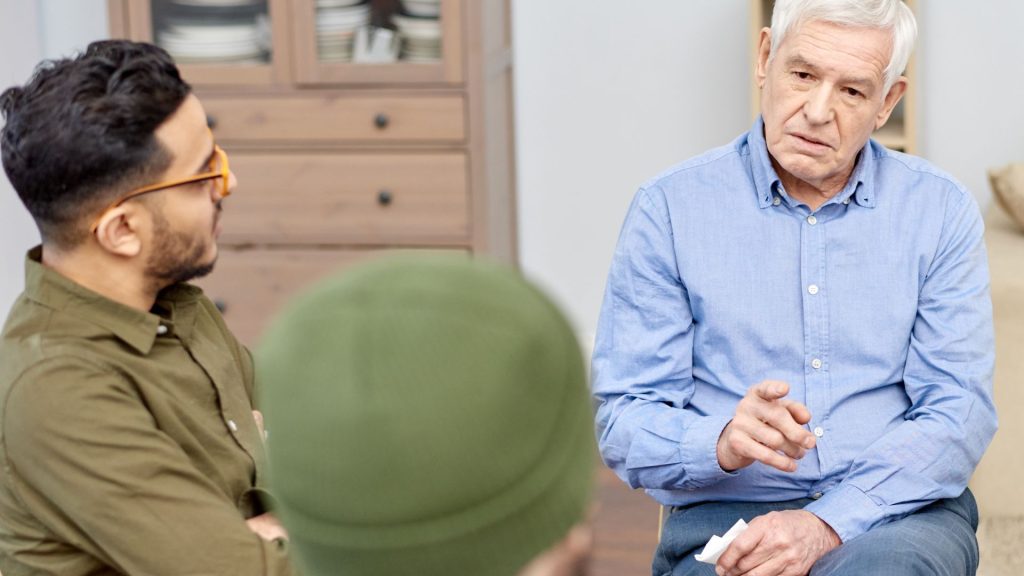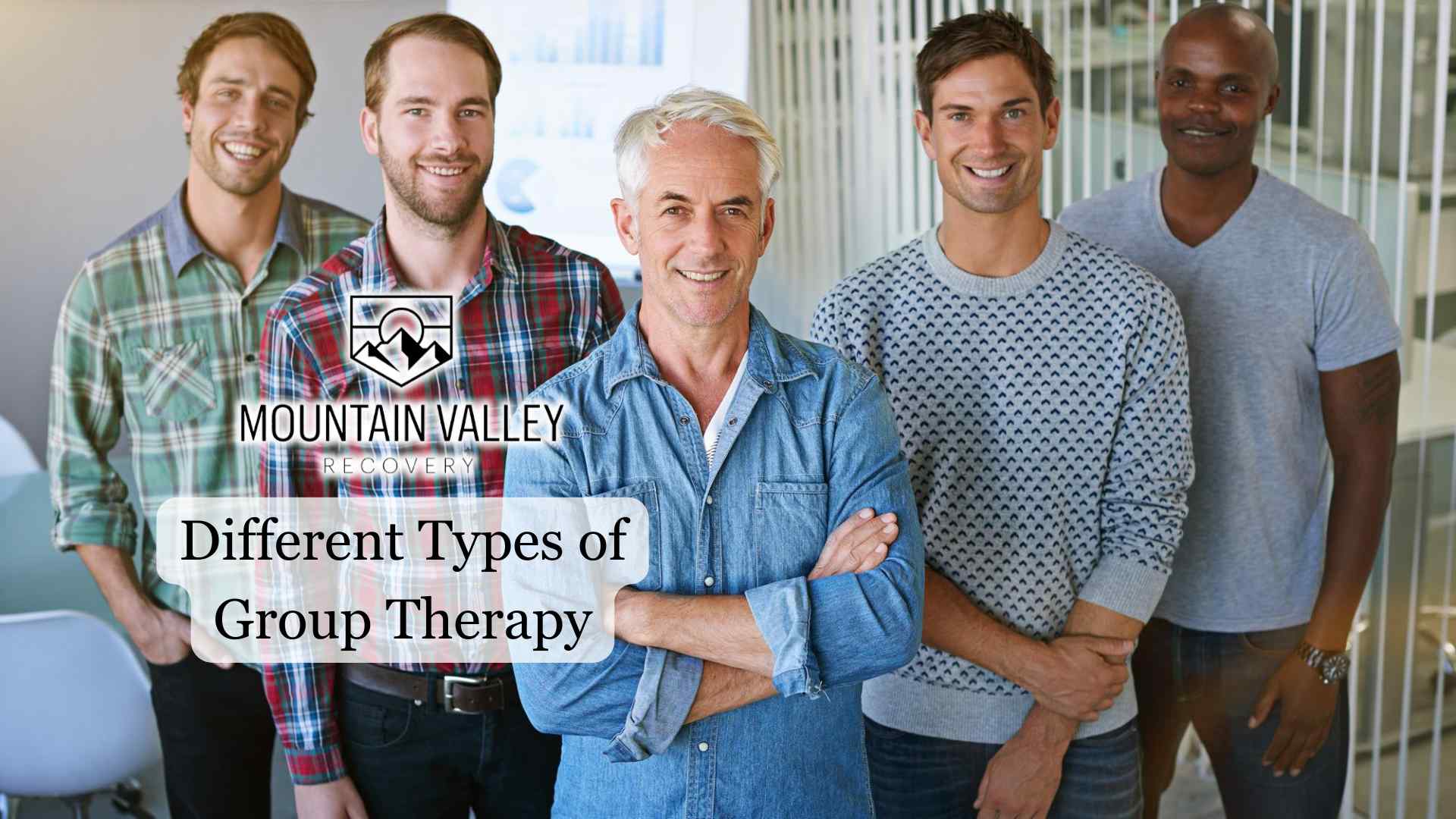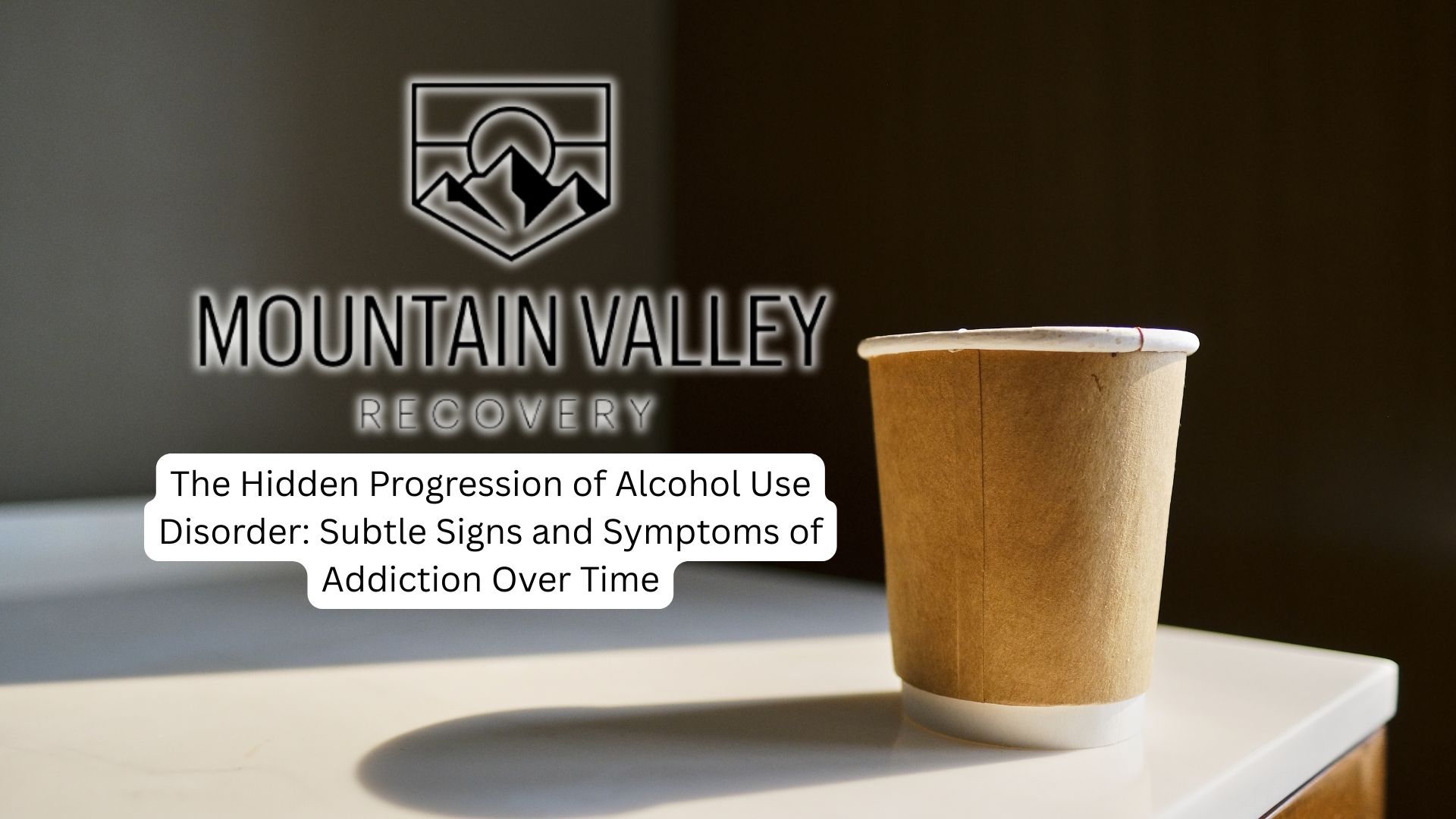Addiction recovery can often feel like a lonely and daunting journey, characterized by feelings of shame, guilt, and a sense of isolation from others. Group therapy provides a life-changing solution by creating a supportive environment where individuals can openly share their challenges, gain insights from one another, and work collaboratively towards healing.
This article delves into the various types of group therapy employed in addiction recovery, emphasizing their unique approaches and the profound influence they have on promoting long-term sobriety and personal development.
Psychoeducational Groups
Psychoeducational groups provide essential information about addiction, its effects, and the recovery process, helping you better understand your condition and the available treatment options.
You’ll engage in structured lessons, discussions, and multimedia activities designed to enhance your learning and engagement. Sharing personal experiences and insights in these groups fosters a sense of community and reduces feelings of isolation.
Psychoeducational groups often focus on developing coping strategies and relapse prevention skills, as well as emphasizing the importance of building a strong support network for long-term recovery.
In a men’s only rehab psychoeducational groups offer men a secure environment to delve into subjects such as recognizing triggers, cultivating coping strategies, and comprehending the root causes of addiction.
Psychotherapy Groups
Psychotherapy groups play a crucial role in addiction recovery by addressing the emotional and psychological aspects of substance use disorders.
These groups employ therapeutic techniques like CBT and Motivational Interviewing to help you recognize and change negative thought patterns related to your addiction.
You’ll benefit from the support of peers who share similar experiences, reducing feelings of isolation and fostering a sense of community.
Sessions focus on personal insights, coping strategies, and exploring underlying issues contributing to addiction, allowing for deeper emotional processing and accountability.
Participating in psychotherapy groups can enhance your interpersonal skills and promote long-term recovery through shared learning and support, ultimately improving your treatment outcomes and increasing your chances of maintaining sobriety.
Cognitive Therapy Groups
Cognitive therapy groups play a crucial role in addiction recovery by addressing the thought patterns that perpetuate substance use.
These groups employ cognitive behavioral therapy techniques, which have proven more effective than standard treatment for drug use disorders.
You’ll engage in discussions and exercises to challenge maladaptive beliefs and develop healthier thought processes.
The supportive environment fosters accountability and motivation, allowing you to share experiences and learn from others’ insights on cognitive distortions.
Cognitive therapy groups emphasize skills development, enabling you to apply cognitive strategies in real-life situations to prevent relapse and promote long-term recovery.
Relapse Prevention Groups
These groups teach you how to identify and manage triggers and cravings that could lead to substance use. You’ll learn cognitive-behavioral techniques to help restructure negative thought patterns associated with addiction.
A key aspect of relapse prevention is developing personalized coping strategies, empowering you to create actionable plans for navigating high-risk situations.
By cultivating a supportive network of men who have faced similar challenges, relapse prevention groups can help alleviate feelings of isolation and establish accountability, both of which are essential for achieving long-term recovery.
Skill-Building Groups
In these groups, you’ll focus on developing healthy coping skills, such as effective communication, boundary-setting, and stress management techniques.
For men, skill-building groups frequently focus on addressing issues specific to males, such as managing stress in the workplace, developing better emotional regulation, and cultivating more fulfilling relationships.
Through activities like role-playing, group discussions, and hands-on exercises, participants can practice these skills in a supportive setting while receiving constructive feedback from their peers and therapists.

Process-Oriented Groups
Process-oriented groups offer a less structured approach, allowing for natural discussions and interactions among participants. This encourages them to tackle real-time issues as they emerge within the group environment.
For men, who often struggle with expressing emotions and being vulnerable, this form of therapy offers a valuable opportunity to practice openness and authenticity with peers who understand their challenges.
The group facilitator guides the process, assisting participants in navigating complex emotions, confronting personal shortcomings, and developing greater self-awareness.
Through self-reflection, you’ll examine how your past influences your current behavior and relationships, fostering personal growth and self-awareness.
Process-oriented groups help reduce feelings of isolation and shame as you realize you’re not alone in your struggles.
Expressive Arts Therapy Groups
Through modalities like art, music, dance, and drama, you can engage in non-verbal communication that reduces feelings of isolation and shame.
Expressive arts therapy emphasizes the creative process over artistic skill, allowing you to express what may be difficult to put into words.
For many men who find traditional talk therapy challenging or struggle to express their emotions, expressive arts groups offer a secure and non-judgmental environment to work through complicated feelings and traumas.
By engaging in creative activities, participants can circumvent verbal defenses, reach deeper emotions, and gain fresh insights into their recovery process.
Final Thoughts from Mountain Valley Recovery
Our men’s-only inpatient program integrates components of the mentioned group therapies, harnessing the strength of peer support in conjunction with evidence-based practices and hands-on experiential learning on our working ranch. If you are a man looking for a structured, immersive setting where you can reconnect with yourself, cultivate crucial life skills, and pave a path toward sustained recovery, we encourage you to discover more about how Mountain Valley Recovery can assist you.





